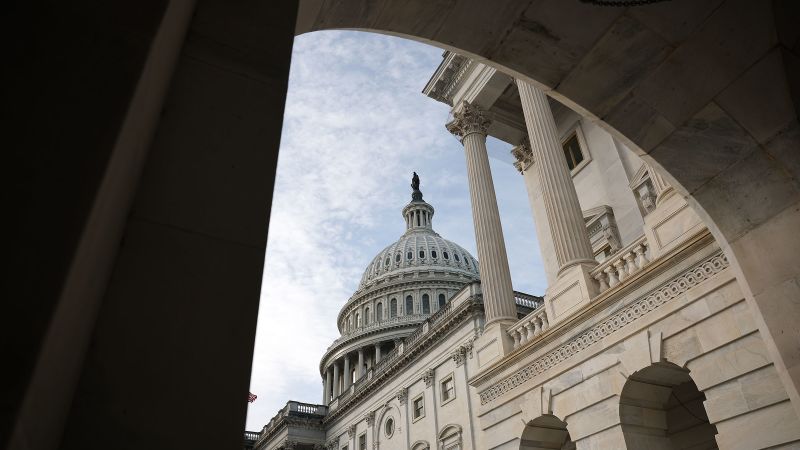After a grueling, record-long standoff that gripped the nation, a sense of cautious relief is finally settling in. President Trump has signed a temporary funding bill, officially bringing the extensive government shutdown to an end. This development means federal employees are heading back to work, essential services are resuming, and the immediate economic uncertainty threatening millions of Americans has, for now, dissipated. But while the immediate crisis has passed, the true impact of this protracted political battle is far from over, leaving behind a complex landscape of relief, lingering challenges, and unresolved questions.
The Immediate Aftermath: Relief and Lingering Scars
The first and most palpable feeling across the country is undoubtedly relief. Hundreds of thousands of federal workers, who endured weeks without pay, can now look forward to their next paycheck and a return to normalcy. Agencies that had significantly curtailed operations, from national parks to crucial regulatory bodies, are slowly coming back online. The immediate threat of airport security lines grinding to a halt, food inspections being delayed, and tax refunds being stalled has been averted. Small businesses reliant on federal contracts or employees can also breathe a sigh of relief as economic activity begins to flow more freely.
However, beneath this wave of relief lie significant scars. The financial strain on many families has been immense, forcing difficult choices and potentially long-term debt. The mental and emotional toll on federal employees, who served as pawns in a political game, is immeasurable. Beyond individual hardship, the shutdown inflicted damage on government functions that won’t be easily repaired. Critical data collection paused, scientific research stalled, and the morale of the federal workforce took a substantial hit. As one furloughed EPA scientist expressed, “It’s a huge relief to know my next paycheck is coming, but the anxiety of the past weeks won’t just vanish overnight. We’re still catching up, and there’s a deep worry about what happens next. The trust, for many of us, feels broken.” Rebuilding this trust and repairing operational disruptions will be an ongoing challenge.
Beyond the Truce: Unresolved Tensions Ahead
While the funding bill offers a vital pause, it’s crucial to understand its nature: it is a temporary truce, not a definitive resolution. The agreement funds the government for three weeks, kicking the can down the road on the core dispute that triggered the shutdown – border security funding. This means that the fundamental disagreement between the White House and Congress remains, merely postponed. A bipartisan congressional committee has been established to negotiate a long-term solution, but the track record of recent political impasses suggests this will be an uphill battle.
The short-term nature of this agreement raises questions about the long-term stability of government operations. Will this become a recurring pattern, where government functions are regularly held hostage in political negotiations? The precedent set by this record-long shutdown could embolden future brinkmanship, potentially leading to more instability. Both sides will be assessing their positions, claiming victory or minimizing losses, as they prepare for the next round of negotiations. The challenge now is to use these three weeks productively to forge a compromise that addresses the underlying issues, rather than simply setting the stage for another potential showdown.
The end of the shutdown brings a welcome respite, allowing the nation to take a collective breath. Federal workers can return to their essential duties, and vital government services can resume. Yet, it’s imperative to recognize that this is a temporary fix for a deeply entrenched political disagreement. The true measure of this moment will be whether the next three weeks are used to find common ground and prevent future disruptions, or if they merely serve as an intermission before the next act of political stalemate. The path forward remains uncertain, but for now, the gears of government are once again turning.




